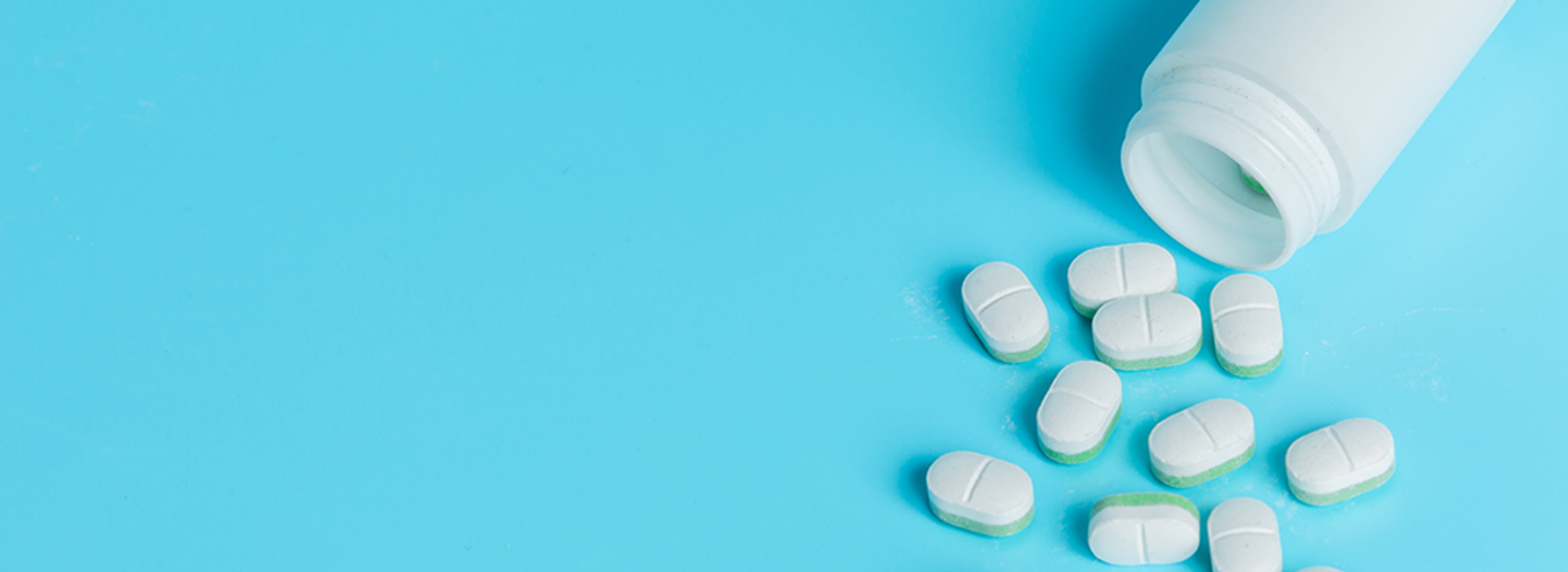
Anticancer Drug May Be More Effective in Treating COVID-19 than Remdesivir
In another attempt to find a viable treatment for COVID-19, University of Minnesota Medical School researchers have turned to an anticancer drug—apilimod. Early results generated from a study led by Ricardo Battaglino, PhD, a professor and vice chair of research in the Department of Rehabilitation Medicine, show that apilimod is five times more effective in treating cell cultures with COVID-19 compared to remdesivir.
“That means that this drug is more specific,” Dr. Battaglino said. “This comparison is something that we need to do because remdesivir is the current standard of care, and this drug needs to perform better than that or the same, in order to be considered a good therapeutic candidate.”
Dr. Battaglino, along with Leslie Morse, DO, professor and head of the Department of Rehabilitation Medicine, and Vadim Gurvich, PhD, MBA, an associate professor in the College of Pharmacy, began studying apilimod’s potential effects on COVID-19 in March. He says previous literature indicated the drug had possible applications in the treatment of viral infections, such as Ebola virus. So, the group applied for and earned a CO:VID (Collaborative Outcomes: Visionary Innovation & Discovery) grant, to kick-start their investigation into the drug, ultimately designing their own version of apilimod that is “99% pure.”
“Through Vadim, we were made aware of a team in Chicago who are one of the only places in the country that have the capability to test, in animals, treatments against the virus. Before we knew it, within a month, we had a team working on this,” Dr. Battaglino said.
This team found, while working with cells in culture, that the amount needed of their “apilimod-like” drug to successfully block the virus is one-fifth to one-tenth of what is needed when using remdesivir. Not only does Dr. Battaglino believe in their drug’s ability to treat patients with severe cases of COVID-19, he also says it may be effective in preventing the progression from mild to severe symptoms.
“In the last 18 years, we have had three coronavirus outbreaks. And, there will be more, likely in the next seven to 10 years,” Dr. Battaglino said. “Vaccines may not be effective against future strains because they may be strain specific. We have SARS, MERS and, now, SARS-CoV-2. But, due to its mechanism of function, we believe this drug is going to be effective against any coronavirus because the way it works is not specific to virus strain.”
But first, the team needs to study the drug further to see if that success translates from "cells in a dish" into live subjects that have COVID-19. To do that, they applied for grants from the National Institutes of Health and the U.S. Department of Defense, and they have been working closely with the U.S. Food and Drug Administration to prove the safety and efficacy of their apilimod-like drug. Dr. Battaglino hopes that by fall, they will launch a clinical trial.
“It could be a couple more months before we get FDA approval, but we are very appreciative of the Medical School and the Institute for Engineering in Medicine for their support,” he said. “It is very encouraging, especially early on, to have that support. These awards show that University leadership is paying attention and recognizes our work.”